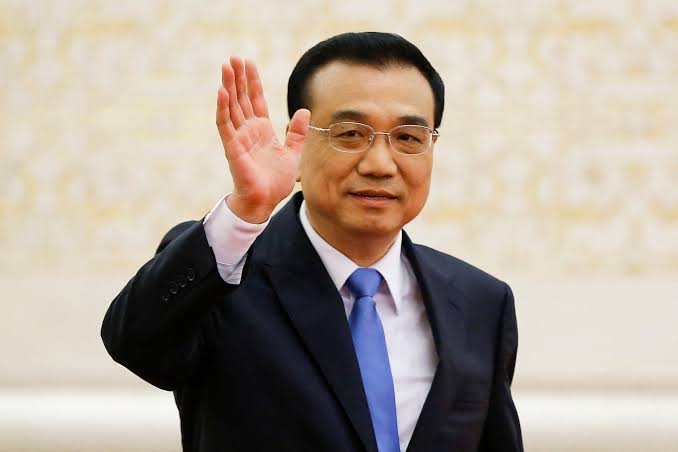Former Chinese premier, Li Keqiang, a top economic official for a decade, died of a heart attack on Friday, October 27, at the age of 68.
Li was China’s number two leader from 2013 to 2023 and an advocate for private business but was left with little authority after President Xi Jinping made himself the most powerful Chinese leader in decades and tightened control over the economy and society.
Li, who had been resting in Shanghai recently and had a heart attack on Thursday, died at 12:10 a.m. on Friday.
Li, an English-speaking economist, was considered a contender to succeed then-Communist Party leader Hu Jintao in 2013 but was passed over in favor of Xi.
Reversing the Hu era’s consensus-oriented leadership, Xi centralised powers in his own hands, leaving Li and others on the party’s ruling seven-member Standing Committee with little influence.
As the top economic official, Li promised to improve conditions for entrepreneurs who generate jobs and wealth. But the ruling party under Xi increased the dominance of state industry and tightened control over tech and other industries.
Foreign companies said they felt unwelcome after Xi and other leaders called for economic self-reliance, expanded an anti-spying law and raided offices of consulting firms.
READ ALSO: 3 students, 3 others killed in China kindergarten attack
According to AFP, Li was dropped from the Standing Committee at a party congress in October 2022 despite being two years below the informal retirement age of 70.
The same day, Xi awarded himself a third five-year term as party leader, discarding a tradition under which his predecessors stepped down after 10 years.
Xi filled the top party ranks with loyalists, ending the era of consensus leadership and possibly making himself leader for life.
The number two slot was filled by Li Qiang, the party’s secretary for Shanghai, who lacked Li Keqiang’s national-level experience and later told reporters that his job was to do whatever Xi decided.
Li Keqiang, a former vice premier, took office in 2013 as the ruling party faced growing warnings the construction and export booms that propelled the previous decade’s double-digit growth were running out of steam.
Government advisers argued Beijing had to promote growth based on domestic consumption and service industries.
That would require opening more state-dominated industries and forcing state banks to lend more to entrepreneurs.
Li’s predecessor, Wen Jiabao, apologized at a March 2012 news conference for not moving fast enough.
In a 2010 speech, Li Keqiang acknowledged challenges including too much reliance on investment to drive economic growth, weak consumer spending and a wealth gap between prosperous eastern cities and the poor countryside, home to 800 million people.
Li was seen as a possible candidate to revive then-supreme leader Deng Xiaoping’s market-oriented reforms of the 1980s that started China’s boom.
He was known for an easygoing style, not the hard-driving impatience of Zhu Rongji, the premier in 1998-2003 who ignited the construction and export booms by forcing painful reforms that cut millions of jobs from state industry.
Li was believed to have supported the “China 2030” report released by the World Bank and a Cabinet research body in 2012 that called for dramatic changes to reduce the dominance of state industry and rely more on market forces.
Li Keqiang showed his political skills but little zeal for reform as governor and later party secretary of populous Henan province in central China in 1998-2004.
- Premier League: Liverpool thrash Tottenham in 9-goal thriller - December 22, 2024
- EPL: Bournemouth thrash Man United at Old Trafford as Everton draw Chelsea - December 22, 2024
- ‘It’ll improve access to education’: Kaduna poly lauds Uba Sani on retirement age - December 22, 2024










